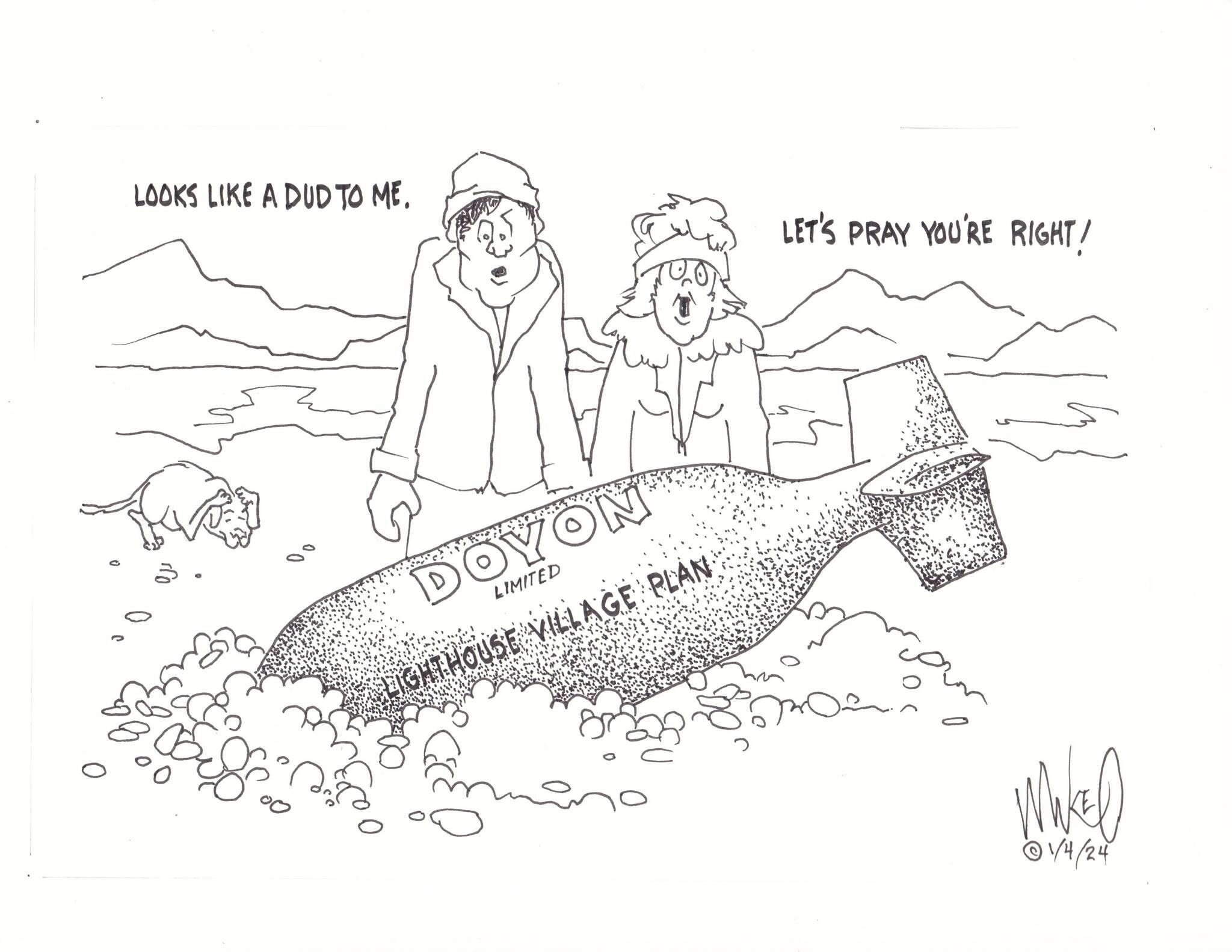Don’t fund education with stones
Some legislators and government leaders have the opinion that unless academic outcomes improve, they will not support an increase to school funding.
In the city I grew up in I’ve seen lower-income neighborhood public schools where taxes don’t adequately support them. It is easy to compare the outcomes in these schools to those funded in nicer neighborhoods. Achievement is best when there is a healthy student to teacher ratio, adequate teaching materials and books, good lunches, enough school counselors and nurses, buildings that are in good repair. That takes funding and investment in all schools across the income spectrum.
“Which of you, if your child asks for bread, will give them a stone?” (Matthew 7:9). Legislators and other government officials who refuse to support an increase to the student base allocation are giving our students stones to learn with.
The governor’s recently released budget has no funding for public schools; he put stones in the school Christmas stockings. And if we can’t convince our legislators to override the governor’s veto last session of the bipartisan student base allocation passed in last session’s budget, then let’s look to this next session and bills that will. Keep in mind, the BSA has gone up only 4.2% since 2012 yet costs are up 24%. Public education is shamefully being degraded.
Senate Bill 140 relates to funding internet services for school districts especially rural areas. At the end of the session, it was referred to Senate Finance and could pass the first week of January. Senate Bill 52 would do much more including raising the BSA, and is also ready to be heard by Senate Finance. Its text can be read at akleg.gov. Just type the bill number in the search box. The Senate is ready to pass these bills. We need to now let our House representatives, all of them, know how important it is to see our schools get more than stones.
Therese Lewandowski
Homer
Quality care can make a big impact on veterans’ last days
I was recently fortunate enough to receive extensive medical care at the Middleton VA hospital in Madison, Wisconsin. I was eligible for treatment, as I was a nurse in Vietnam during the war and I have 30% disability. The care at this hospital was superb.
I received two surgeries, at least three to four hospital clinic visits a week, and five home visits. The VA called almost daily, asking about my pain, mood, mobility, and access to transportation for my next visits. I had five care teams working with me. When surgeries were recommended, they had team meetings to discuss what procedures needed to be done before others, and checked that the different drugs would be compatible and best for me.
Then they actually talked with me to lay out the plan and get my opinions and answer my questions. This care was astounding. When have any of you ever received such care and compassion in Alaska, especially from the VA?
I left Alaska because my health was plummeting. I was totally exhausted trying to maneuver through the medical system. I always felt that I was being beaten down, so that I would be so exhausted that I would give up and leave them alone. On several occasions I asked friends to spend their entire day on the phone with the VA to give me a break. Their comments after their phone marathons were always, “How do you do it?”
Why must I beg for the care, medicine and equipment I need? Did I really need to make those six to eight dreadfully long phone calls for each item necessary for my care? Will I die before I get the things I need?
Yes, I am in hospice now, but because of my care in Madison, I know that all aspects have been looked at and the hospice decision was made by all of us, a caring team, including several counselors and myself and family.
The veterans in Alaska deserve to be treated as well here as I was treated in the VA hospital in Wisconsin. I could at least have my phone calls in Alaska returned; having them actually answered would be a real bonus. Talking to a kind, compassionate person would be such a treat.
VA staffers should remember that the people calling for veteran help are often scared, in pain, perhaps living out their last days, and very often alone or with an exhausted partner. A VA staffer, as part of the team helping the veterans, can make a huge impact on the veteran’s final days.
Compassion takes very little effort, and it can change the world. Our veterans deserve it!
Sara Coner Berg
Homer, Alaska


